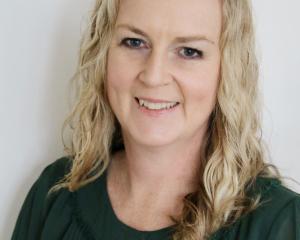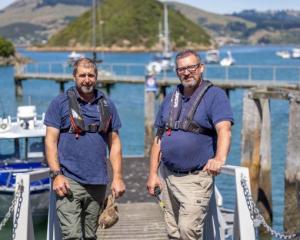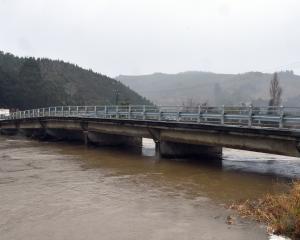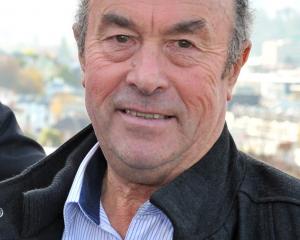
The council has been working intensively for the past 18 months to develop a new approach to dealing with run-off pollution and effects on surface water quality.
Councillors, at a meeting of the policy and resource committee yesterday, requested the development of an urban water quality strategy.
Chief executive Graeme Martin promoted the idea after a discussion on the new management strategy for run-off from land (non-point-source pollution).
Urban run-off, mostly from stormwater, had been a well-known problem for 30 to 40 years nationally and it was time it had the same focus and attention as the rural situation in Otago, he said.
"Urban communities and urban councils need to recognise they have a major part to play."
Unlike the non-point situation, the methods and tools were available in the urban sector to improve water quality, Mr Martin said.
"We know it is costly, but we need to push, to drive focus towards an appropriate consideration of urban water quality."
The issue had been discussed between staff at the regional council and Dunedin City Council for more than two decades. It was also an issue raised with developers and subdividers.
It was a complex matter as there were lots of properties, lots of owners all hooked up to what in some cases was one outlet, he said.
Cr Gretchen Robertson said the new rural management strategy would mean significant changes so that the region's waterways could "come up to scratch".
It promoted a system of self-management which would allow landowners and users to be innovative and give the community a chance to set standards for what they wanted to achieve in water quality.
Cr Stephen Woodhead said critical to its success was acknowledging there was a lot to learn and be done in relation to the science involved and acknowledging landowners' knowledge of their property and the effects of their land use.
Communities would set the standard required for discharges, but they also had to allow reasonable land use, he said.
"It will take time, a decade rather than two or three years."
Cr Michael Deaker said keeping farmer "buy-in" to the approach while that science was developing would be a challenge.
It has been previously reported in the Otago Daily Times that the Dunedin City Council has acknowledged contaminants from septic tanks and run-off from properties could be flushed through the stormwater system into the sea or Otago Harbour.
In its 3 Waters Strategic Direction Statement 2010-2060, made public earlier this year, it said the environmental impact of the council's water discharges would be a focus.












